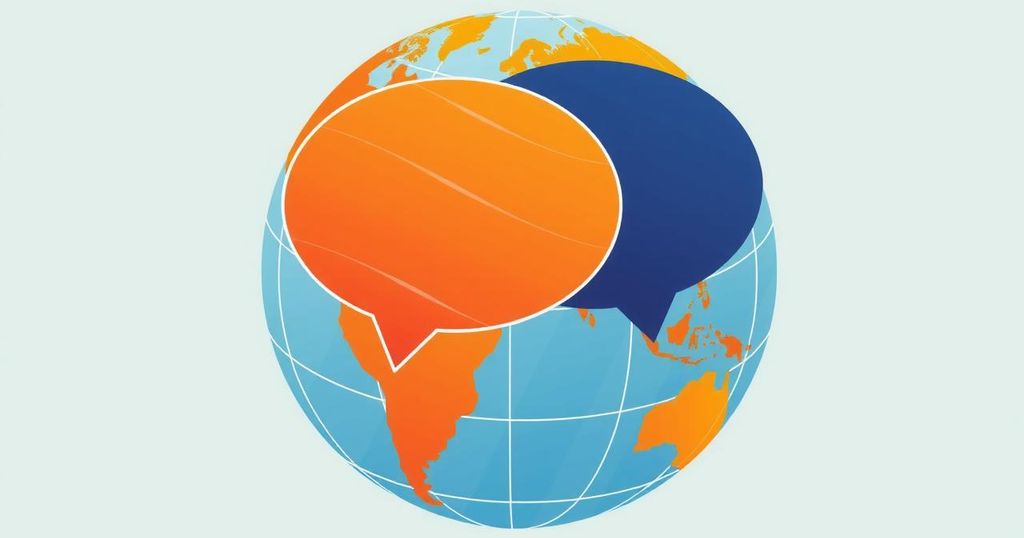Belgium is accused of funding organizations denying the 1994 Rwandan Genocide, as stated by Minister Bizimana. He criticized Belgium’s lack of prosecution for genocide deniers and raised concerns about the treatment of Congolese refugees. Following escalating tensions, Rwanda severed diplomatic ties with Belgium, amid accusations of Belgium’s complicity in regional instability and its call for sanctions against Rwanda.
Jean-Damascène Bizimana, the Minister of National Unity and Civic Engagement in Rwanda, has accused Belgium of financing organizations that deny the 1994 Genocide against the Tutsi. This claim was made in response to comments from Maxime Prevot, Belgium’s deputy prime minister, who insisted that Belgium is committed to enforcing laws against genocide denial and maintaining international humanitarian law.
Minister Bizimana highlighted Belgium’s notorious role in genocide denial through its funding of groups such as CLIIR, directed by Joseph Matata, and JAMBO ASBL, established by supporters of the PARMEHUTU party, an often-criticized political entity. He pointed out that individuals associated with JAMBO ASBL are descendants of convicted perpetrators of the genocide.
Additionally, Bizimana emphasized that Belgium has failed to prosecute genocide deniers present in the country, despite their activities. Among these individuals are Belgian nationals such as Peter Verlinden and Father Serge Desouter. He noted Belgium’s lack of enforcement regarding UN Resolution 2150, which calls for measures against the FDLR, a group rooted in the past Rwandan army that remains active in the Democratic Republic of Congo (DRC).
He expressed concerns over the rights of Congolese refugees, many of whom have been displaced due to FDLR’s actions. Bizimana questioned what type of international humanitarian law Prevot was referencing and remarked on Belgium’s silence regarding the plight of these refugees.
Linda Melvern, a British investigative journalist, underscored that despite the defeat of genocidal forces in 1994, they continue to exist and propagate denial of their actions. She stated that the narrative of the genocide being a spontaneous uprising rather than a premeditated act has been promoted historically and remains prevalent today.
Rwandan President Paul Kagame admonished Belgium for attempting to hold Rwanda accountable for issues stemming from the DRC, criticizing the country’s colonial past and its role in regional instability. Following this, Rwanda severed diplomatic ties with Belgium and ordered the departure of Belgian diplomats from the country.
Belgium’s alignment with the DRC government has provoked tensions, as the country calls for sanctions against Rwanda, which has been linked to conflicts in eastern DRC. Recent sanctions imposed by the EU targeted Rwandan military officers and executives accused of exploiting the conflict for mineral extraction. President Kagame denounced these sanctions, deeming them unjust and ironic, given that those who are part of the conflicts are the ones imposing restrictions on Rwanda.
The assertions made by Minister Bizimana regarding Belgium’s funding of genocide denial organizations highlight a complex and emotionally charged historical context. He criticized Belgium’s failure to prosecute genocide deniers and its silence on the rights of refugees impacted by the FDLR. The international dialogue surrounding these issues continues to evolve, particularly as Rwanda reevaluates its diplomatic relations with Belgium in light of recent tensions and accusations. The situation remains sensitive and indicative of broader geopolitical dynamics in the region.
Original Source: www.newtimes.co.rw




